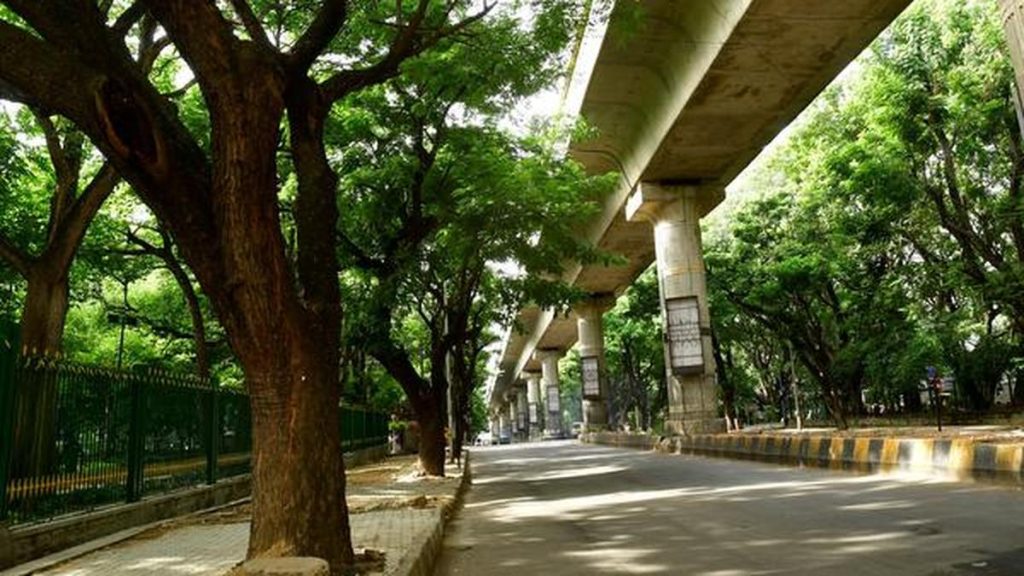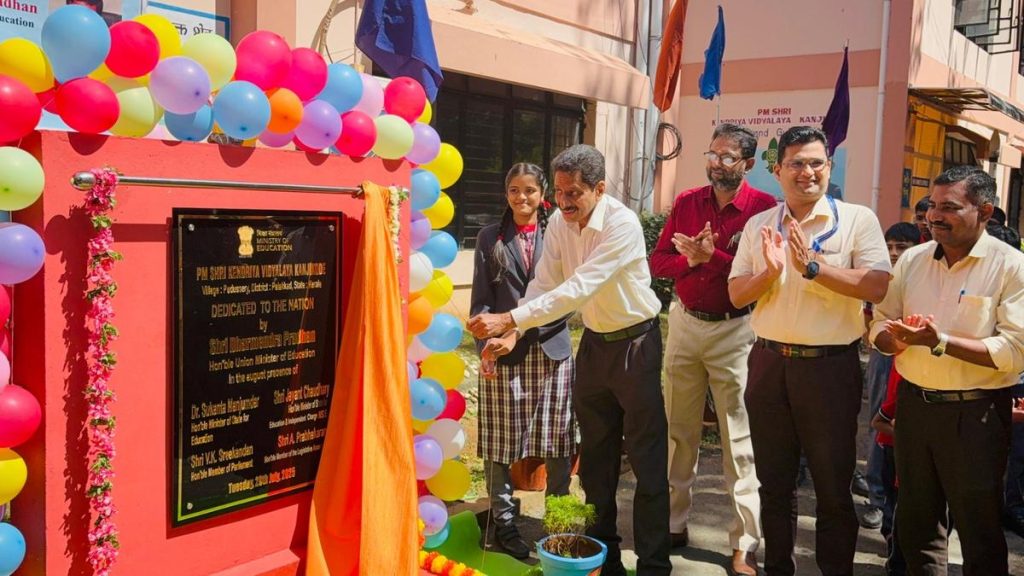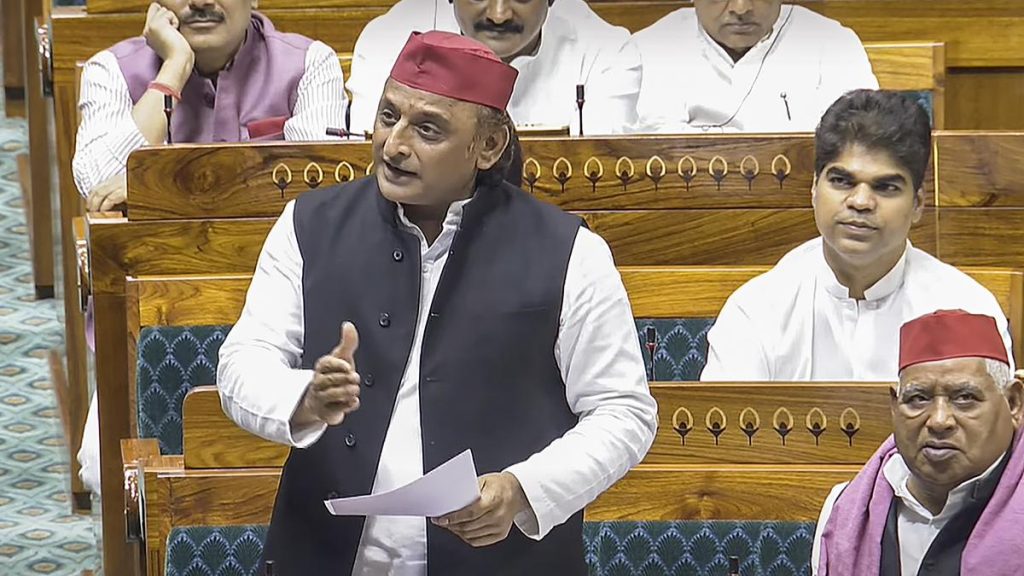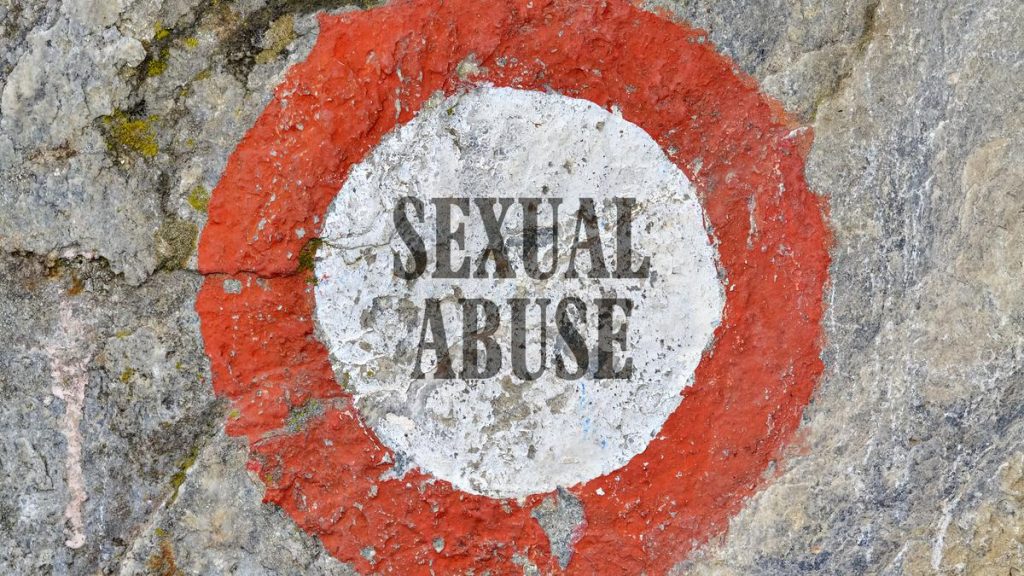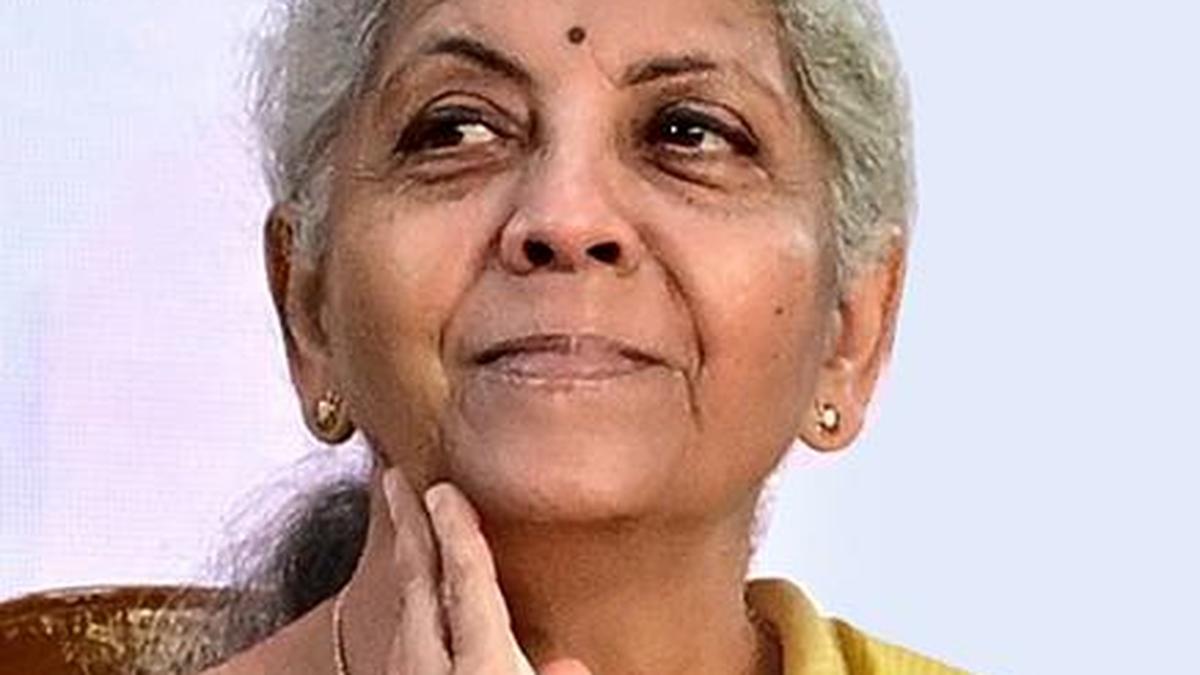Now Reading: Booker Winner Banu Mushtaq Highlights Caste as India’s Harshest Social Barrier
-
01
Booker Winner Banu Mushtaq Highlights Caste as India’s Harshest Social Barrier
Booker Winner Banu Mushtaq Highlights Caste as India’s Harshest Social Barrier
quick Summary
- Kannada writer and international Booker Prize winner Banu mushtaq has highlighted caste as India’s most brutal form of social control, despite constitutional guarantees and reformist efforts.
- Speaking at the Scholar in Campus program at Kerala Media Academy in Kochi on July 28,2025,she discussed how caste influences hiring practices,housing policies,university admissions,and editorial decision-making through both violence and silence.
- Mushtaq described caste as an invisible yet suffocating societal architecture that continues to affect marginalized voices beneath India’s rapid modernization.
- She voiced concern about expectations for female voices to remain graceful rather than political or angry while advocating for poetry that interrupts the status quo to expose truth.
- Criticizing parts of the media as echo chambers of power, Mushtaq expressed optimism about independent platforms amplifying unheard voices and commended women journalists and Dalit reporters breaking barriers with courage.
- She underscored threats faced by journalists like Siddique Kappan being arrested for thier work as indicative of fragile journalistic freedom in India.
Indian Opinion analysis
Banu Mushtaq’s observations are a potent reminder of enduring societal inequalities masked by India’s modernization. Her assertion that caste impacts diverse spheres-housing, employment, education-reveals structural challenges requiring continued vigilance.By addressing gendered expectations placed upon female writers and celebrating emergent choice media platforms championing marginalized groups’ narratives,she points towards areas where progress is materializing amidst systemic resistance. The acknowledgment of constraints on journalistic freedom highlights broader implications for democracy.
Her remarks underline that meaningful social change must address visible systemic disparities alongside subtler forms like silence or exclusion within institutions. While hope shines through her depiction of courageous individual efforts from women journalists and Dalit reporters breaking barriers in new-age media frameworks, these dynamics invite careful scrutiny from policymakers seeking equitable reforms.
For more details: Read More


